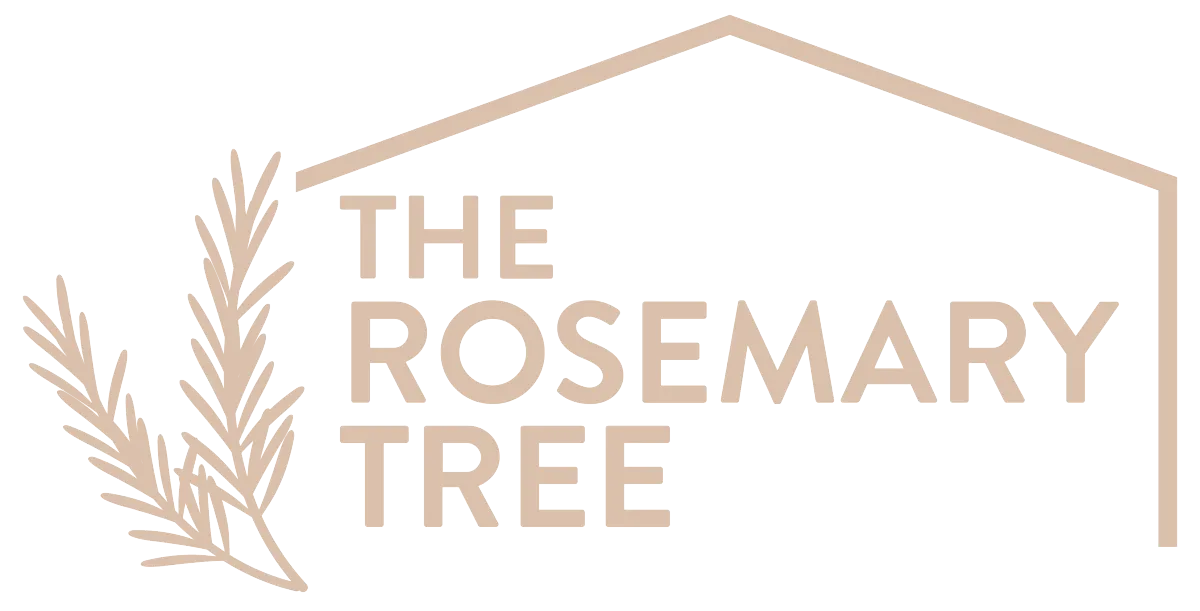CONTACT US: 602-932-3436
Partial Hospitalization Program In Phoenix, Arizona
Support for Teens.
Peace of Mind for Parents.
The Rosemary Tree’s Adolescent PHP (Partial Hospitalization Program) offers a powerful path to healing for teens who need more than weekly therapy, without the need for overnight stays.
This five-day-a-week program provides 20+ hours of therapeutic care, blending clinical excellence with creative, play-based modalities that teens actually connect with. We guide them through emotional highs and lows using evidence-based practices like DBT, EMDR, and family systems therapy, all in a setting that feels more like a supportive community than a clinical environment.
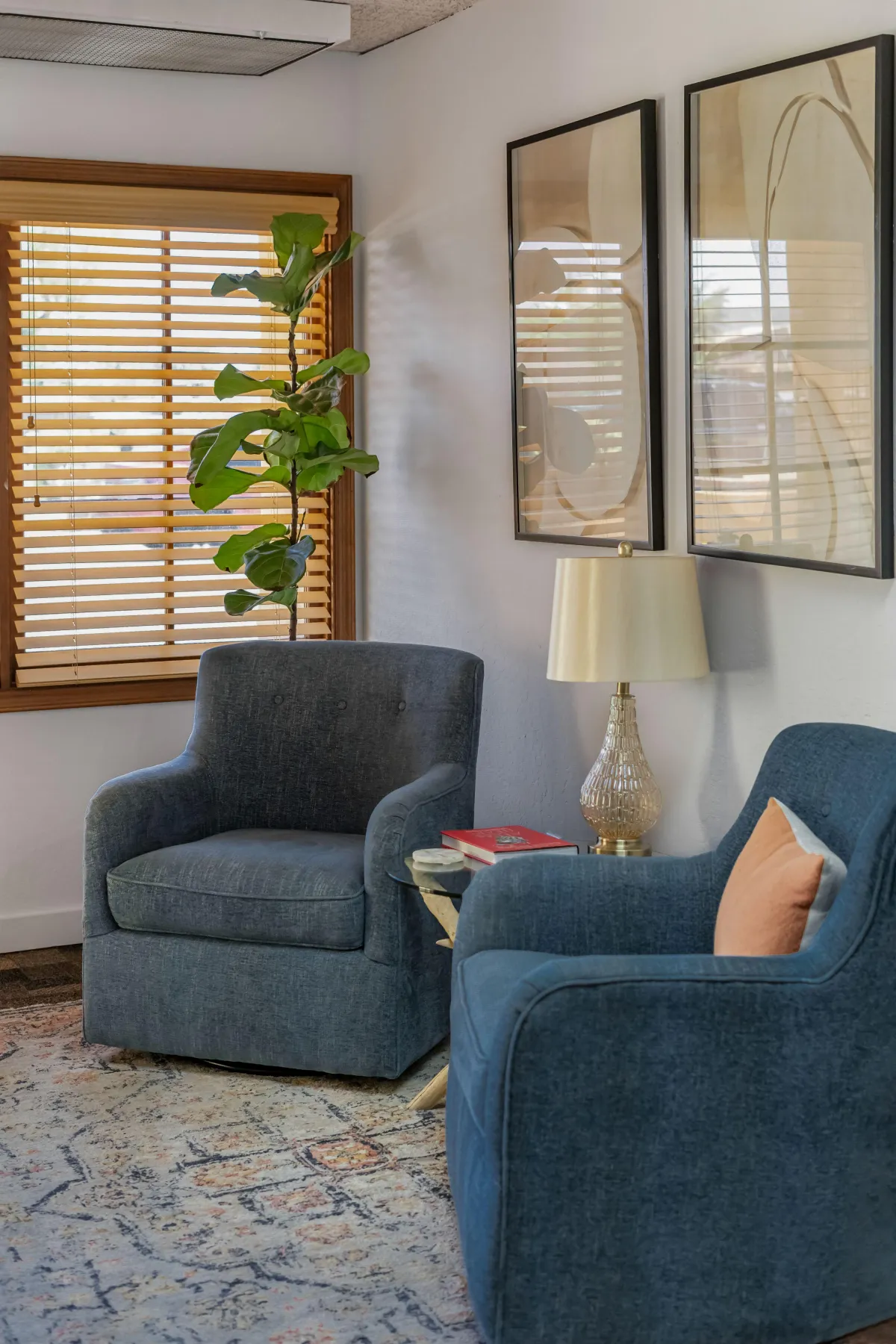
What is PHP:
The Partial Hospitalization Program (PHP) offers a structured, intensive mental health treatment option foradolescents. Operating five days a week, PHP provides the support of a hospital program without overnightstays. It helps clients balance recovery with daily life, promoting independence and resilience.
How PHP works:
Participants receive at least 20 hours of care weekly, including personalized therapy for the individual and family, academic guidance, and psychiatric support. Our program utilizes a variety of modalities including dialectical behavior therapy (DBT), family systems, and trauma-informed care (EMDR).
Exiting the program:
The program fosters a sense of community, where clients connect and support each other in their journey to recovery. We ensure a smooth transition to less intensive services, like our Intensive Outpatient Program (IOP), to support long-term recovery and independence.
NOTE: Our PHP is in-network with BCBS, Aetna and Cigna.
Who is this for?
Our program is catered to teens and adolescents who are facing the following:
Anxiety
Depression
Trauma
Emotional disregulation
Our program is catered to teens and adolescents who need:
Structured support beyond what outpatient therapy provides
An alternative to full inpatient care.
Whether your teen is struggling silently or in crisis, our team is here to meet them exactly where they are — and help them move forward.
About Our Partial
Hospitalization Program
PHP provides the support of a hospital program without overnight stays. It helps clients balance recovery with daily life, promoting independence and resilience.
Structured Schedule of Intensive care
Our program is five days a week with 20 hours of care weekly, including:
Academic support
Teen group
Individual sessions
Family sessions
Parent group
Rooted in Multiple Clinical Approaches
Our program utilizes a variety of modalities including:
DBT
EMDR
Family systems
Trauma-informed care
To increase emotional regulation, people skills, distress tolerance, and lasting healing.
What makes our program different?
Personalized Therapy Plans
No one-size-fits-all approach. Every teen gets a tailored roadmap for healing — and a team that’s truly in their corner.
Whole-Family Support
We believe healing is a family journey. Through parent groups and family sessions, we equip caregivers with the tools to better connect, support, and communicate with their teen.
Creative + Clinical Healing
Our approach integrates play, nature, movement, and expression. It’s not just therapy, it’s transformation.
Academic & Life Balance
Teens stay engaged with school while building emotional resilience. We provide academic support so they don’t fall behind during their healing process
Resources and Guides for Parents
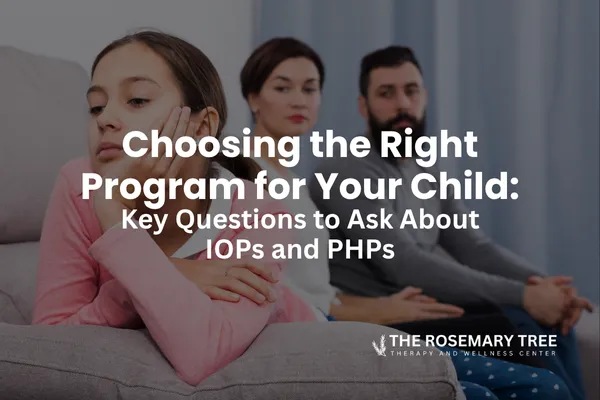
Choosing the Right Program for Your Child: Key Questions to Ask About IOPs and PHPs
When your child’s mental health needs more support than weekly therapy can provide, it’s common to feel overwhelmed by the array of program options. Recommendations for an Intensive Outpatient Program (IOP) or a Partial Hospitalization Program (PHP) can create a whirlwind of questions. The good news? By slowing down, understanding the basics, and asking the right questions, you can make an informed decision that suits your child’s unique needs.
Understanding IOPs vs. PHPs
Before comparing programs, it helps to know what these acronyms stand for:
IOP (Intensive Outpatient Program): Typically meets three to five days a week for three to five hours per day. IOPs are structured yet flexible, allowing participants to continue attending school or work while receiving intensive support.
PHP (Partial Hospitalization Program): Often meets five to seven days a week, ranging from five to seven hours per day. PHPs provide a higher level of care and structure, serving as a step down from inpatient treatment or a step up from IOPs, depending on the individual’s needs.
The right choice depends on the severity of symptoms, safety considerations, and your child’s ability to function outside the program. Both levels of care serve adolescents struggling with conditions like anxiety, depression, obsessive-compulsive disorder, and related challenges.
Key Questions to Ask When Evaluating a Program
Once you understand the basic differences, focus on gathering details about any program you’re considering. Here are the essential questions to guide your decision-making.
1. What kind of curriculum do you use?
A well-designed program follows a structured curriculum that covers specific topics and skills over time. Ask how long the curriculum runs (six, eight, ten, or more weeks) and whether it’s consistent across participants. Does the program offer evidence-based therapies—such as Cognitive Behavioral Therapy (CBT), Dialectical Behavior Therapy (DBT), and Acceptance and Commitment Therapy (ACT)? Are creative or experiential elements like art, music, or nature included? A clear curriculum helps you understand what your child will learn and how progress will be measured.
2. Who leads the program?
The qualifications of the staff directly impact the quality of care. Find out whether the sessions are facilitated by independently licensed therapists, associate-level clinicians working toward licensure, interns, or behavioral health technicians. Ask about staff-to-client ratios and whether multiple therapists are present during group sessions. Knowing who will be interacting with your child—and their level of training—gives you confidence in the program’s expertise and safety.
3. What type of family involvement is included?
Family participation is often a vital component of adolescent mental health treatment. Ask how frequently parents or caregivers are expected to attend sessions. Are there weekly parent support groups or education workshops? Are family therapy sessions provided? How will the program communicate updates—through in-person meetings, email, phone calls, or progress reports? Understanding your role helps you support your child effectively and fosters long-term change.
4. How long is the program and what outcomes can we expect?
Program lengths vary, and so do definitions of success. Clarify how many weeks the program runs and whether there’s a minimum participation requirement. Ask about typical outcomes: Do participants continue to outpatient therapy after completion, or do they often return to a higher level of care? A good program will outline its goals—such as improved emotional regulation, reduced symptoms, or enhanced coping skills—and share how it measures progress.
5. What happens after discharge?
The transition back to daily life is critical. Inquire about aftercare and discharge planning. Does the program help arrange follow-up services, like individual or family therapy? Are there alumni or peer-support groups your child can join? Does the program offer a step-down option—such as a teen DBT group—to maintain momentum? A thoughtful discharge plan ensures the skills learned in treatment translate into lasting change.
6. How many kids are in each group?
Group size affects the level of individual attention your child receives. Smaller groups (three to seven participants) allow more interaction and personalized guidance, while larger groups (up to twelve or more) can foster broader social learning. Ask how the program maintains a safe and supportive atmosphere, regardless of group size.
7. What diagnoses and challenges are represented in the group?
Some programs specialize in specific diagnoses, like substance use disorders or depression, while others serve a broader range of conditions. Understanding the primary diagnoses of group members can help you determine if the peer environment will resonate with your child’s experiences and needs.
Trust Your Parental Intuition
While mental health professionals provide valuable recommendations, remember that you know your child best. If something doesn’t feel right—whether it’s a program’s philosophy, staff interactions, or curriculum focus—trust your gut. Ask follow-up questions and explore alternative options. Your instincts, combined with the right information, are powerful tools for advocating for your child’s well-being.
Take Advantage of Tours and Consultations
Many providers welcome parents to tour their facilities or schedule consultations. Visiting in person (or virtually) allows you to observe the environment, meet staff, and ask additional questions. At The Rosemary Tree, for instance, families are invited to stop by for a 10–15 minute tour of the IOP and PHP spaces or to schedule a phone call to discuss their concerns in more detail. Seeing the space and meeting the team can ease anxiety and provide reassurance that your child will be cared for in a safe, nurturing environment.
Final Thoughts: You’re Not Alone
Choosing a mental health program for your child can feel daunting. By understanding the differences between IOPs and PHPs and asking thoughtful questions about curriculum, staff qualifications, family involvement, program length, discharge planning, group size, and diagnoses, you’ll be better equipped to find the best fit. And remember—your child’s treatment journey is a collaboration between you, your child, and the professionals who will support them. Don’t hesitate to reach out for guidance, ask for tours, or seek a second opinion. Organizations like The Rosemary Tree are dedicated to helping families navigate these decisions with compassion and expertise.
If you’re considering an IOP or PHP and have more questions, get in touch. Our team is ready to listen, guide, and walk alongside you every step of the way.
A Safe and Supportive Space for Youth at Our Arizona Treatment Center
We offer our services in an intentionally home-like environment at our residential-style treatment center in Arizona. Our goal is to create a space where adolescents feel comfortable—not clinical—while receiving care at our facility for adolescents.
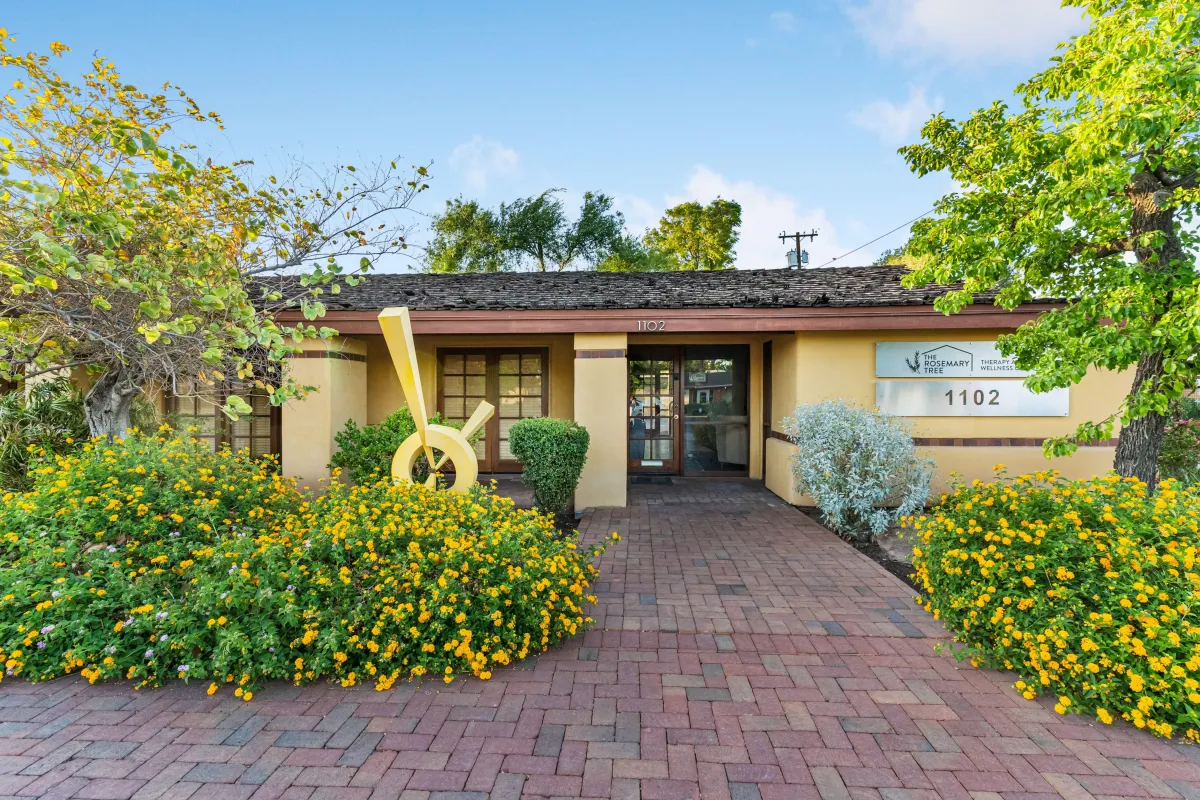
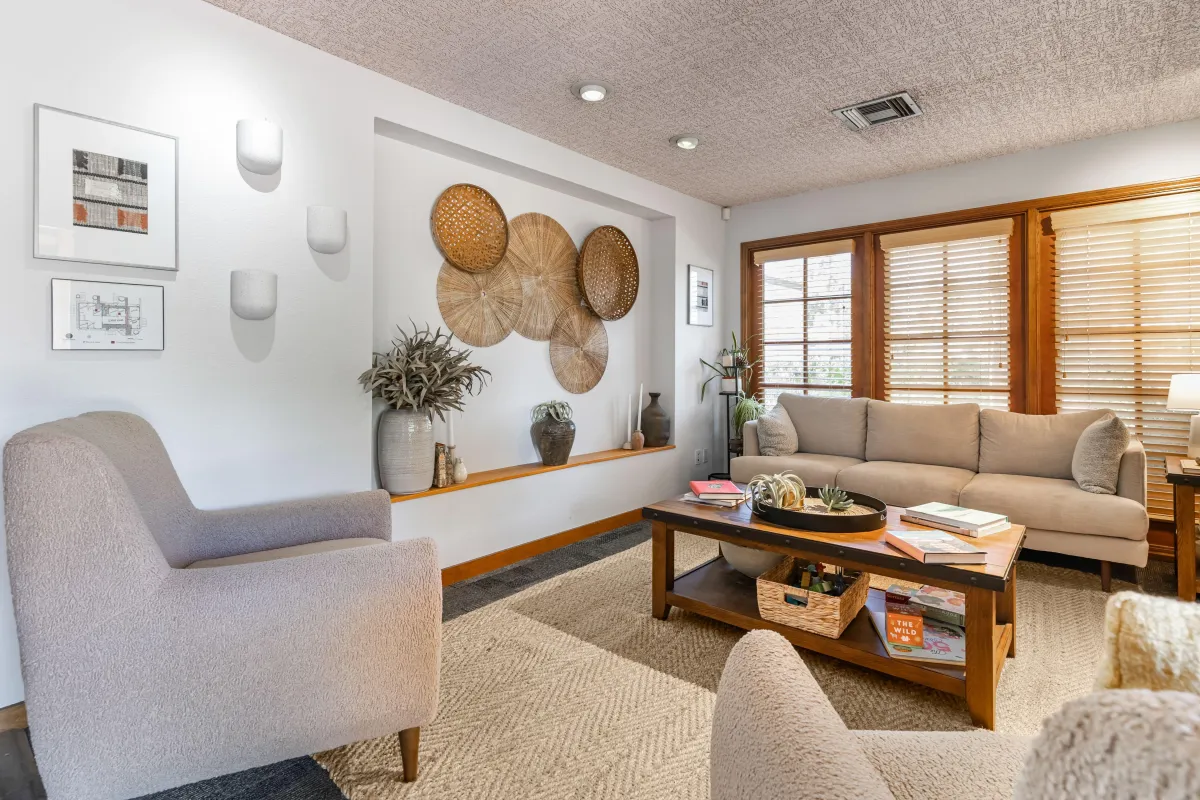
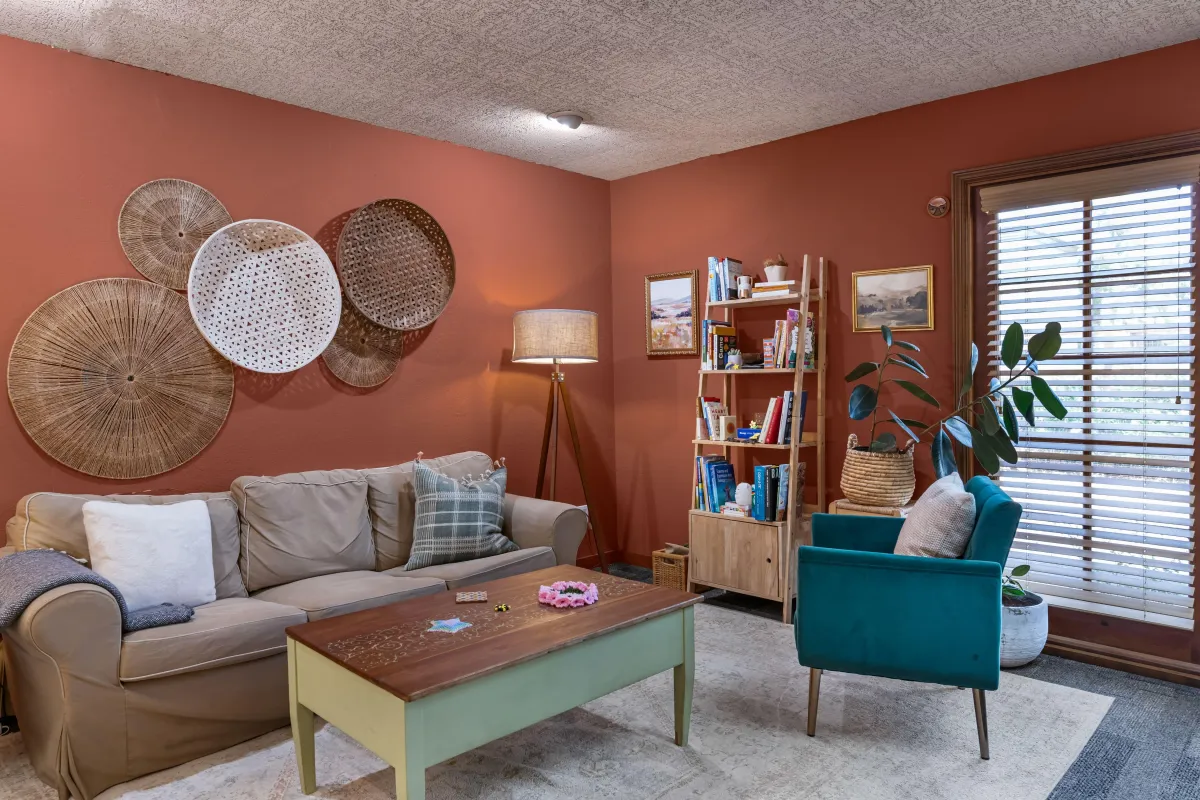
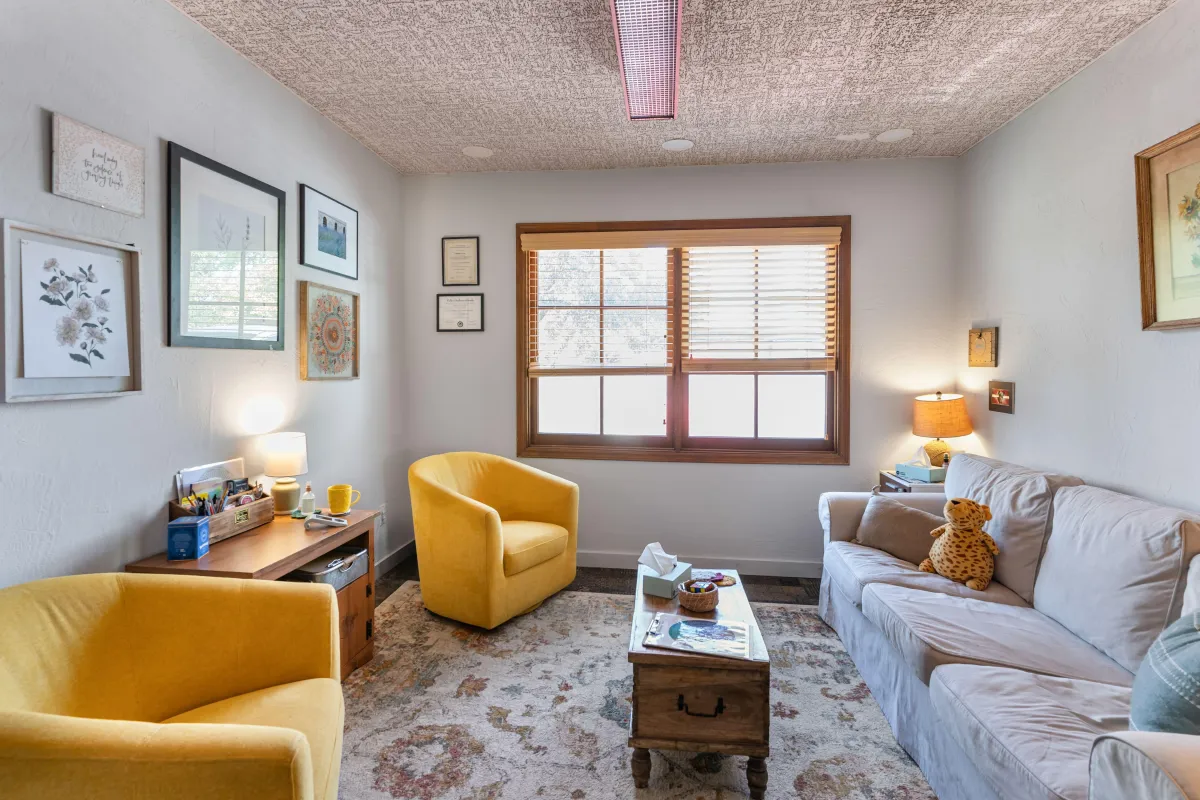
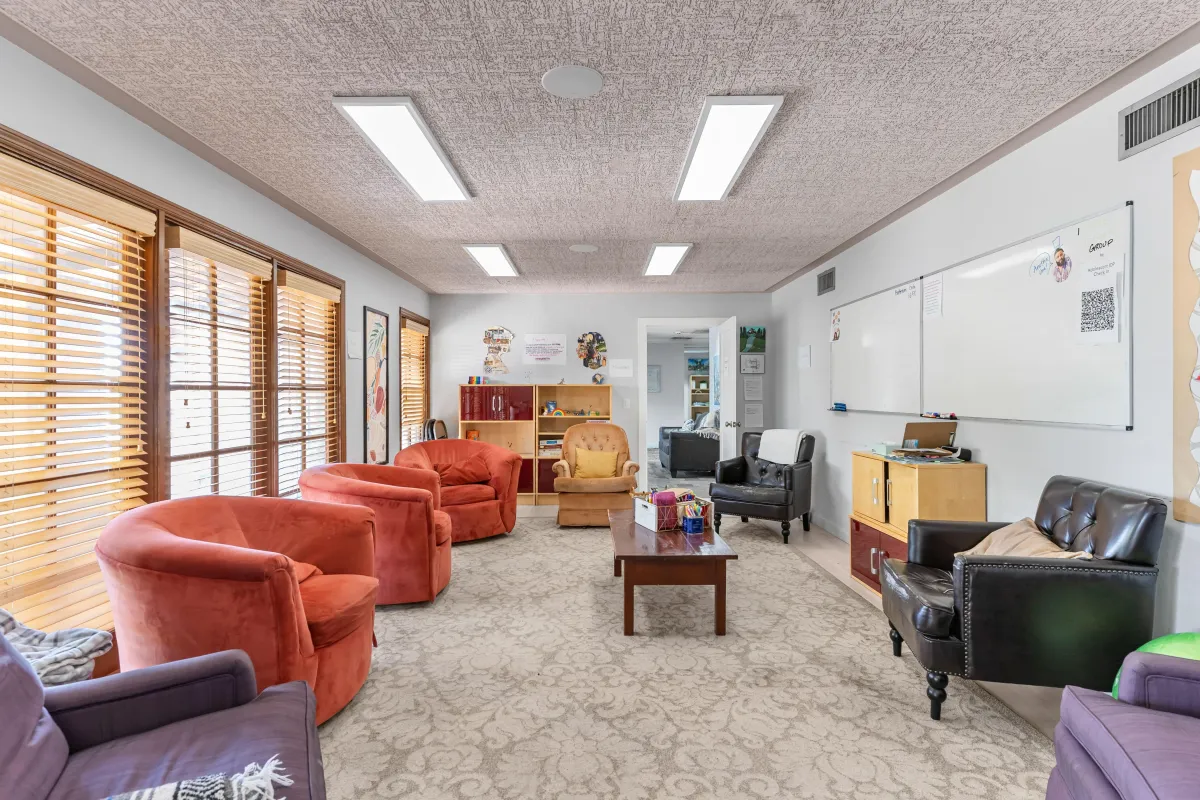
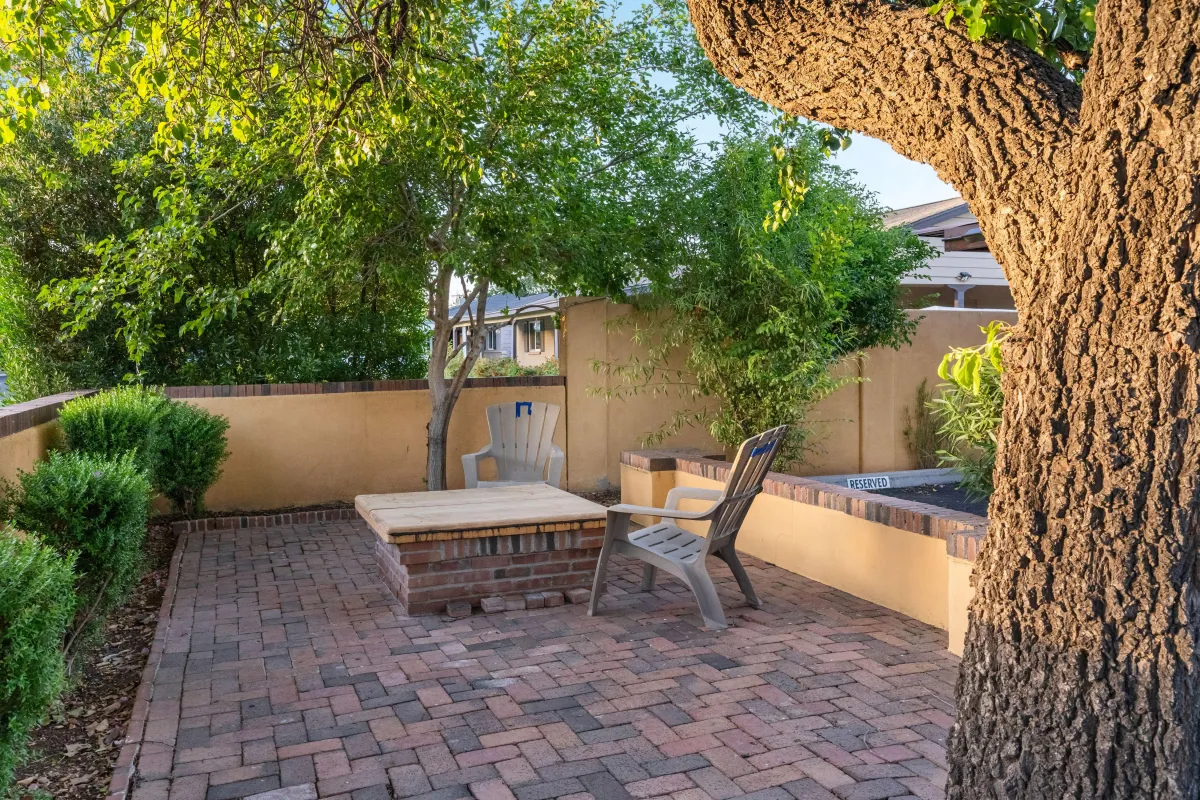
The Rosemary Tree Mental Health Treatment Centers in Phoenix, AZ
The Rosemary Tree operates residential treatment centers for youth in Arizona, offering specialized care for a variety of personal and relational challenges. Through our residential treatment facility for adolescents, we provide inpatient residential care, outpatient intensives, marriage and relationship counseling, family counseling, individual counseling, and more.
Our partial hospitalization program in Phoenix, intensive outpatient program in Phoenix (IOP), and DBT therapy programs are among the most clinically effective in the state. As a trusted residential treatment Arizona provider, we offer an intensive outpatient program in Phoenix, AZ, designed to support individuals needing structured care while maintaining daily responsibilities. Our specialized IOP for adolescents and IOP for youth provide tailored therapeutic approaches, ensuring young individuals receive the guidance and support they need. We integrate evidence-based treatments such as Narrative Therapy, Dialectical Behavioral Therapy (DBT), Eye Movement Desensitization and Reprocessing (EMDR), Internal Family Systems (IFS), Cognitive Behavioral Therapy (CBT), Acceptance and Commitment Therapy (ACT), Restoration Therapy (RT), Sensorimotor, Gestalt, and Art Therapy, among many others.
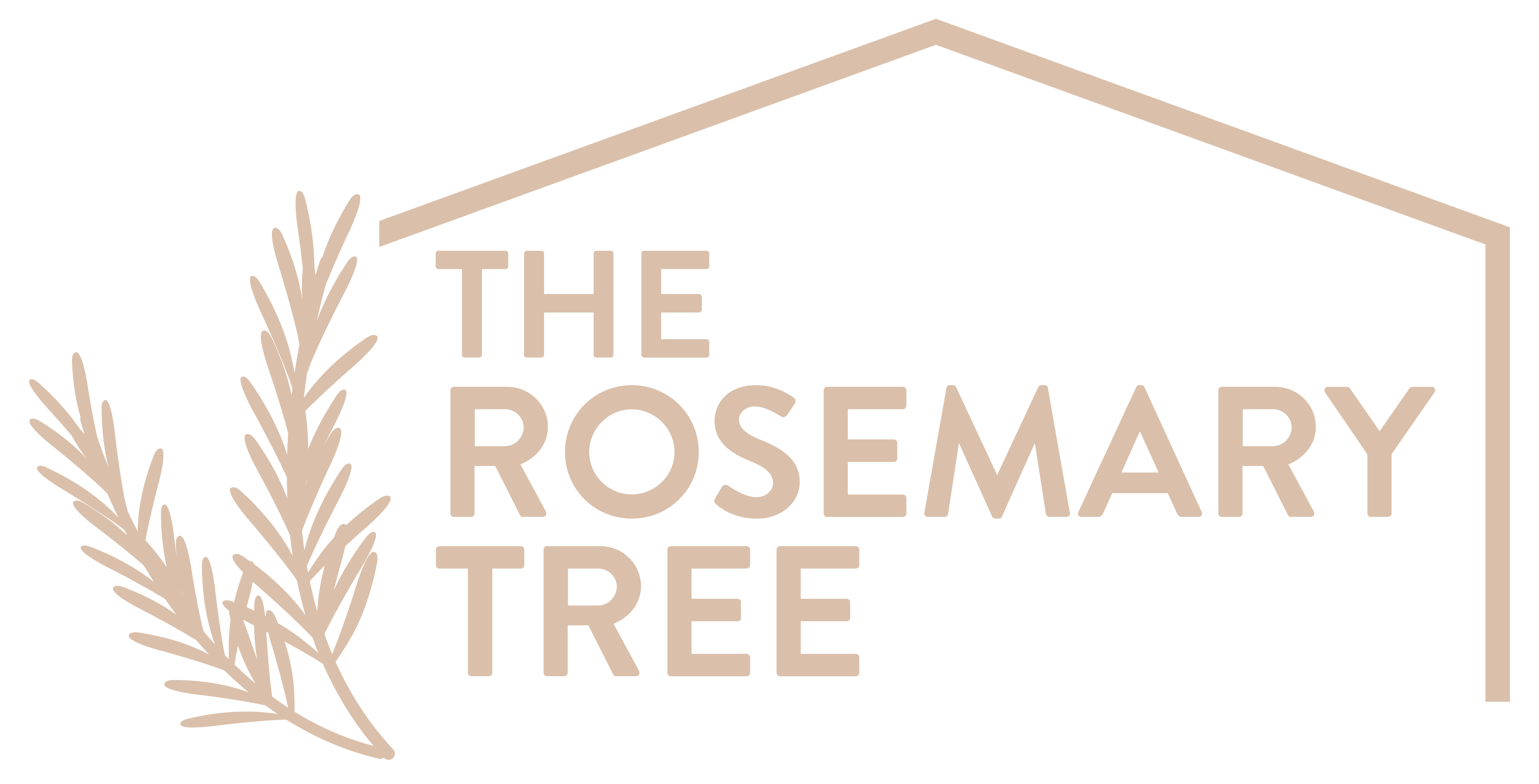
⚡ Site Built with BAMF Technology ⚡
